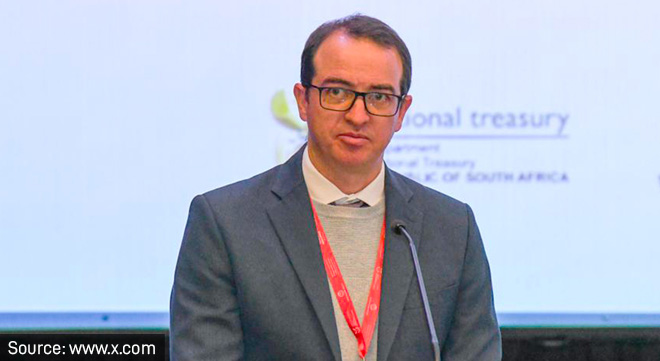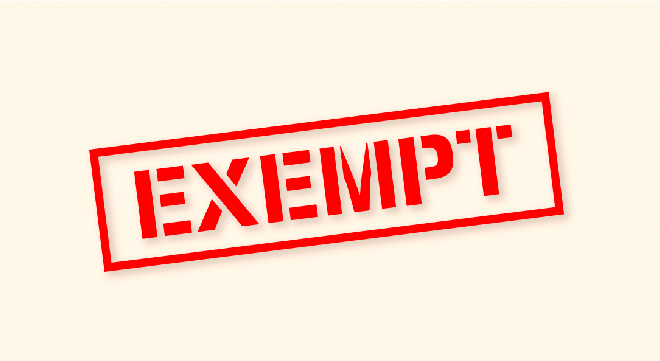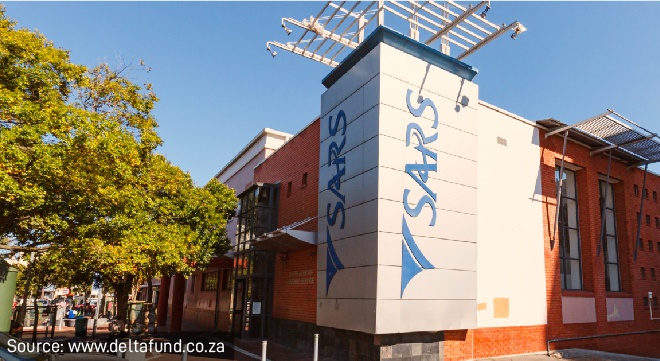
Retirement funds are the new ‘must-have’ – thanks to the two-pot system
The system is driving a shift in how members engage with their retirement funds. Members are monitoring their savings and reacting to market fluctuations, says Old Mutual.

The system is driving a shift in how members engage with their retirement funds. Members are monitoring their savings and reacting to market fluctuations, says Old Mutual.

Funds made different calls on the conditions for the exclusion of provident preservation fund members and the seeding date for members who opt in.

Despite relatively low overall withdrawal rates, 24% of claimants are using their retirement savings for home or car repairs and 21% for settling short-term debt.

Financial advisers should understand the broader implications on tax planning, retirement savings, and investment strategies to guide their clients effectively.

The tax structure aims to be progressive, with low-income earners paying little to no tax on withdrawals, while high earners are taxed more.

More than 60% of two-pot withdrawal applicants have come from low-income groups, according to Momentum’s latest figures.

The Authority is seeking information on how much it costs retirement funds and administrators to adapt their systems for the new two-pot structure.

The introduction of the two-pot retirement system has triggered a wave of withdrawal applications, prompting concerns over tax liabilities and the need for improved financial education.

As the two-pot system rolls out, fund administrators are receiving a wave of withdrawal claims, highlighting the financial squeeze many are feeling.

Administrators may be in for a ‘windfall’ of R500 million to R1 billion a year in future tax years, says Keystone Actuarial Solutions.

One of its four proposals is to allow members to transfer up to a third of their vested savings to their savings component.

Avoiding the tax hit is one of the reasons retirement fund members should have an emergency fund.

South Africa has the potential to boost its savings rate and secure a more stable source of funding for fixed investments, essential for driving economic growth.

Commentators did not raise any significant concerns in their responses to the draft conditions, the FSCA says.

A request for a tax directive will be declined if a member is not a registered taxpayer or has outstanding returns.
Members should find out whether they will be eligible to withdraw money from their savings components.

If a fund cannot follow the standard allocation methods, it must apply for FSCA approval to use an alternative, reasonable method.
Notifications